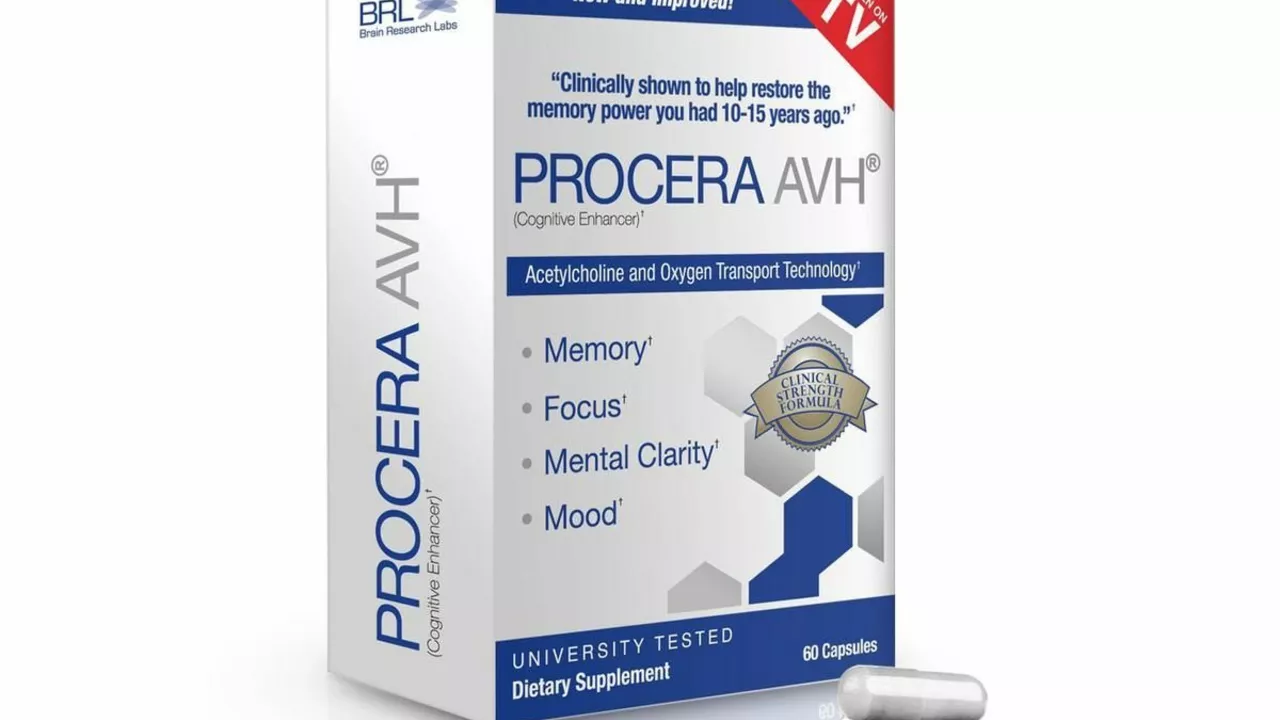Memory Improvement: Simple, Useful Ways to Remember More
Forget where you put your keys or names at parties? Most memory problems come from stress, poor sleep, or scattered focus, not 'bad brains.' You can improve recall by changing a few daily habits and using techniques that force your brain to store memories the right way.
Daily habits that improve memory
Sleep matters. Aim for 7–9 hours and keep a regular bedtime. Deep sleep helps move short-term memories into long-term storage. Try no screens an hour before bed and dim lights in the evening.
Move your body. Aim for about 150 minutes of moderate aerobic exercise weekly—brisk walking, cycling, or swimming. Exercise boosts blood flow to the brain and helps with focus and memory.
Focus more and multitask less. Use short focused blocks (try 25 minutes work, 5 minutes break). When you study or meet someone new, eliminate distractions and repeat names or facts out loud to help cement them.
Use active recall and spaced repetition. After learning something, close your notes and try to write or say the main points from memory. Review that same material the next day, then 3 days later, then a week later. That schedule locks things in far better than cramming.
Chunking and mnemonics work. Break long lists into smaller groups (phone numbers as 123-456-789). Create simple associations or stories for facts you need to remember—our brains love patterns and scenes.
Supplements, meds, and when to see a doctor
Diet affects memory. Eat a Mediterranean-style diet: leafy greens, berries, whole grains, nuts, fish. Stay hydrated and limit heavy sugar and excess alcohol. These choices support steady energy and clearer thinking.
Some supplements can help if you have a deficiency. Vitamin B12 and vitamin D are common issues—get tested and treat deficiencies with your doctor. Omega-3s (fish oil) have some support for brain health, but don’t expect overnight miracles.
Be skeptical of unregulated 'smart drugs.' Ginkgo and other herbal options show mixed results. Prescription drugs for dementia exist, but they’re not general memory boosters. Talk to a doctor before trying any medication or high-dose supplement.
See a doctor if memory loss is sudden, getting worse fast, or affecting daily life—like trouble finding your way, managing money, or recognizing people. Those are red flags that need medical checks, not self-help fixes.
Small changes add up. Start with better sleep and one focused learning trick (active recall or spaced review). Track progress for a few weeks and adjust. With consistent effort, you’ll notice clearer thinking and fewer lost keys.
 16 July 2023
16 July 2023
Homotaurine: The Miracle Compound for Memory, Focus, and Mental Clarity
In my recent research, I discovered Homotaurine, a naturally occurring compound that's being hailed as a miracle for memory, focus, and mental clarity. This compound, initially found in seaweed, has shown promising results in boosting overall cognitive functions. It's also been linked to preventing cognitive decline and improving concentration, providing a great, natural alternative for those seeking to enhance their mental performance. Personally, I think it's fascinating how nature provides such effective solutions for our health. I'm excited to see the further benefits Homotaurine might hold for our brain health.





10